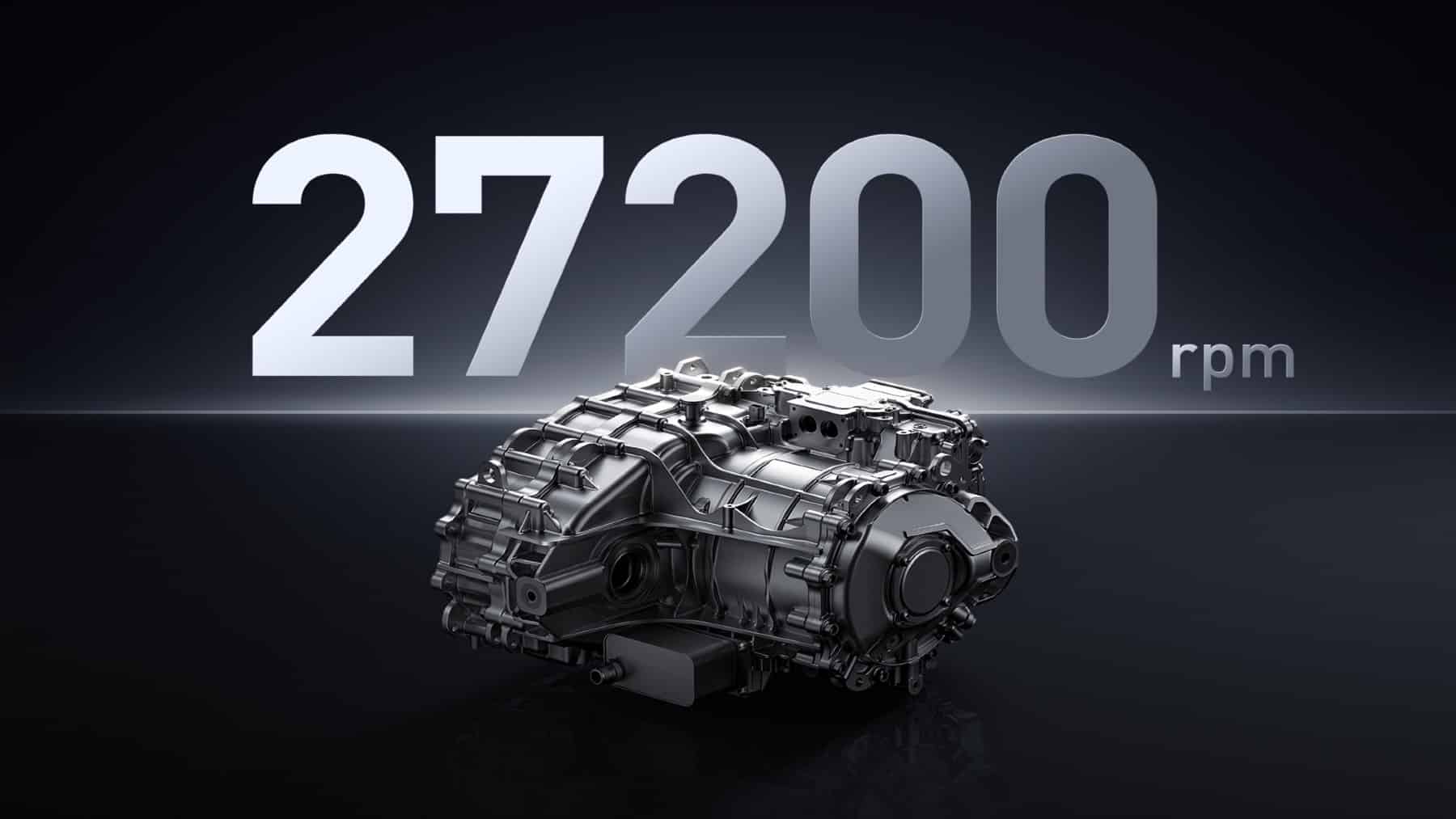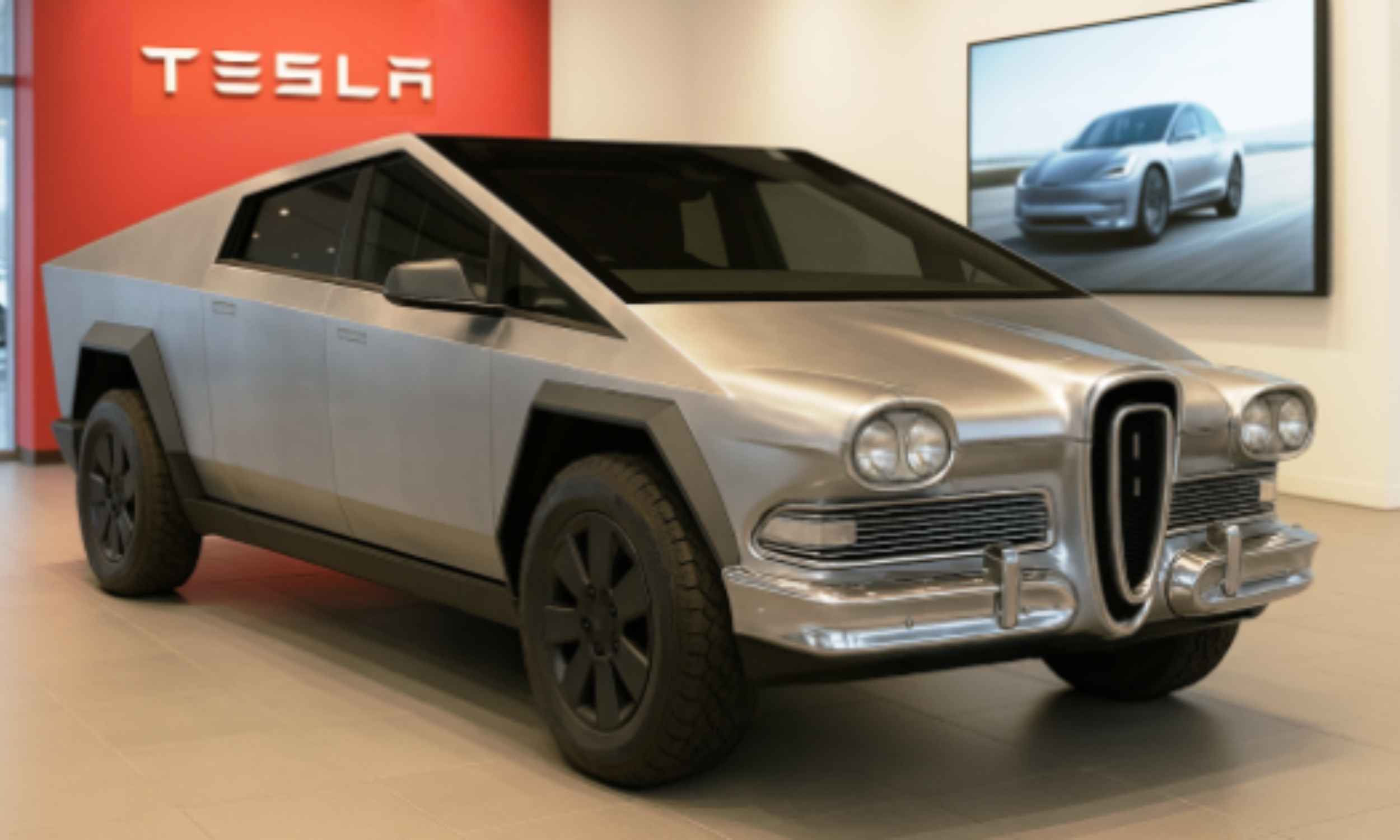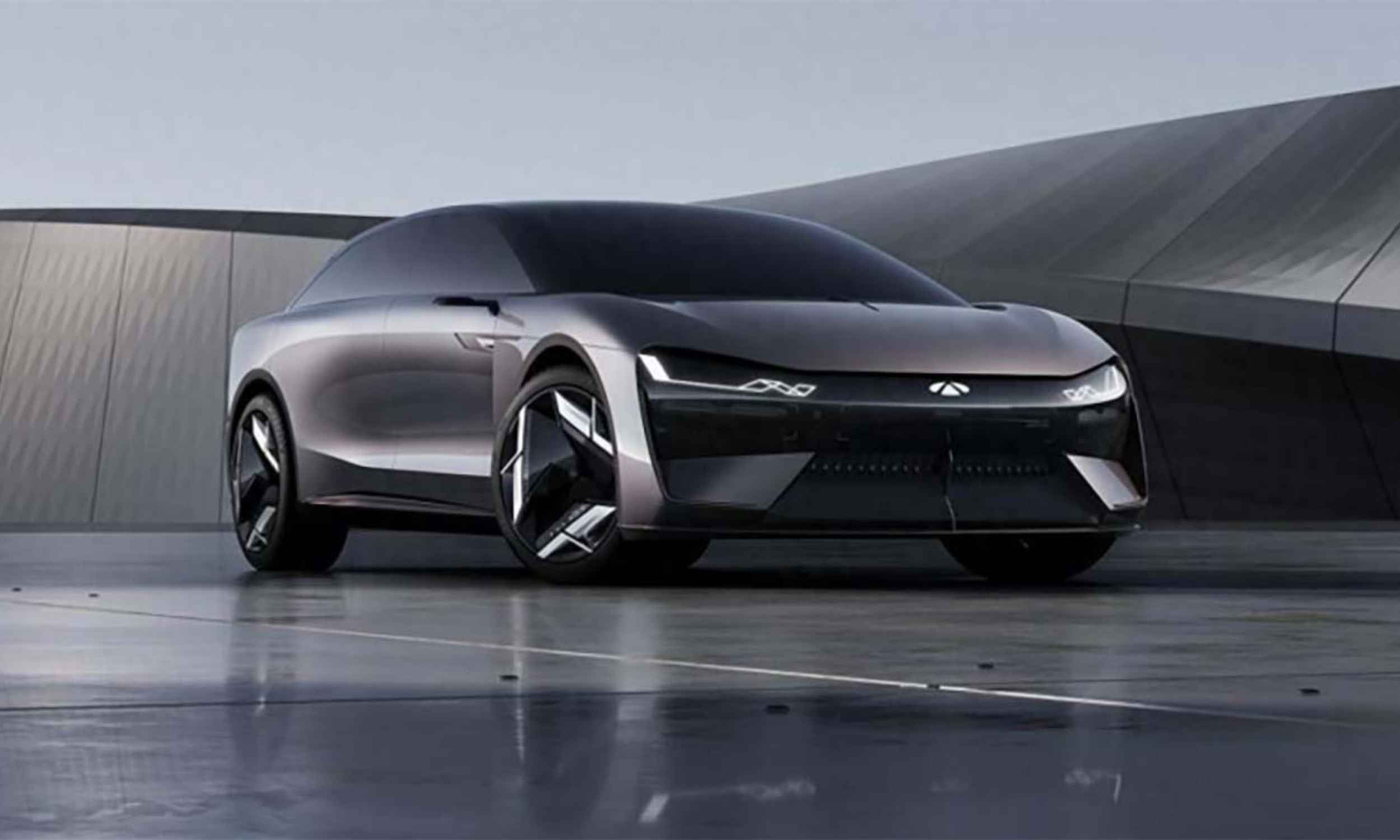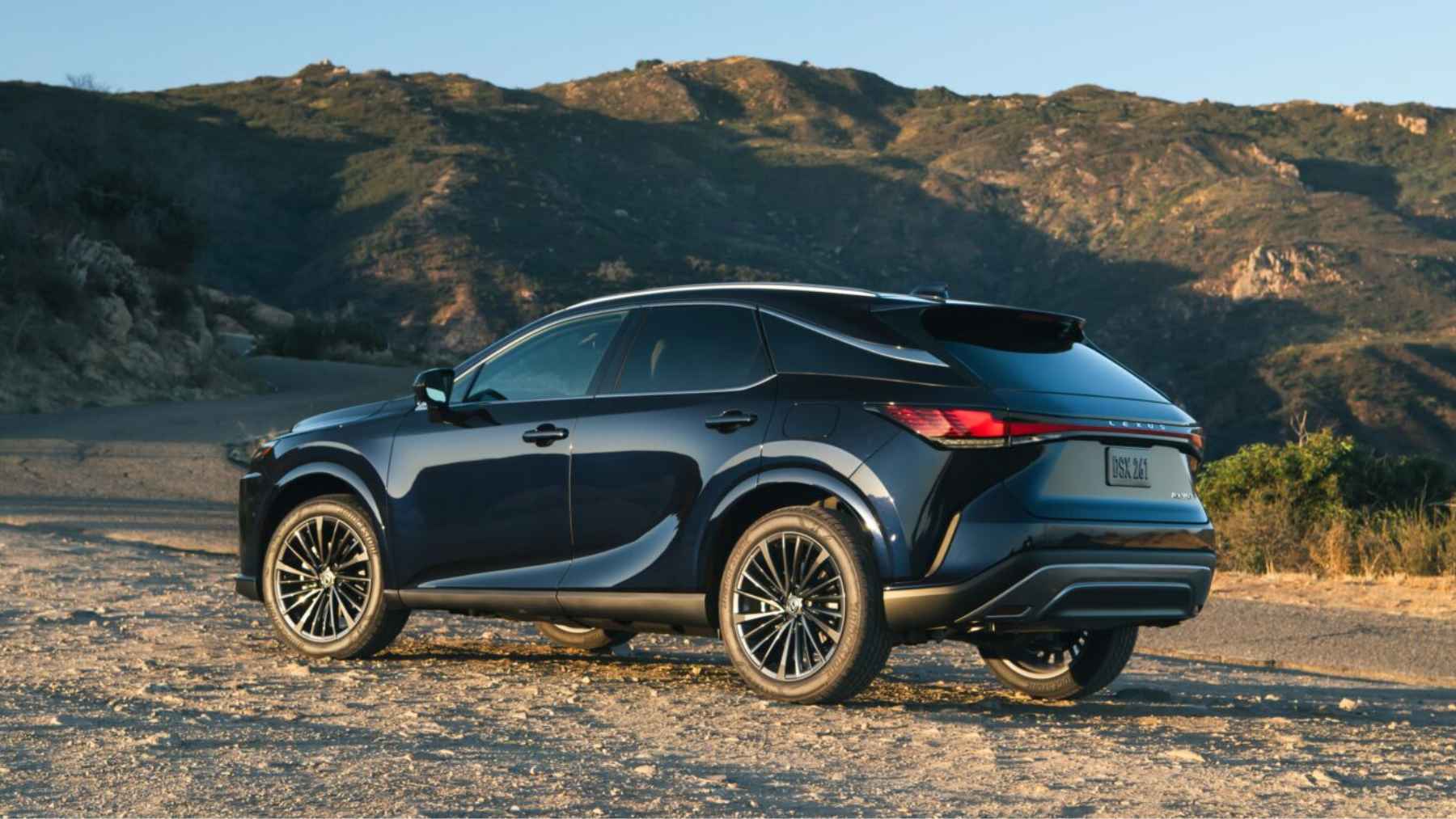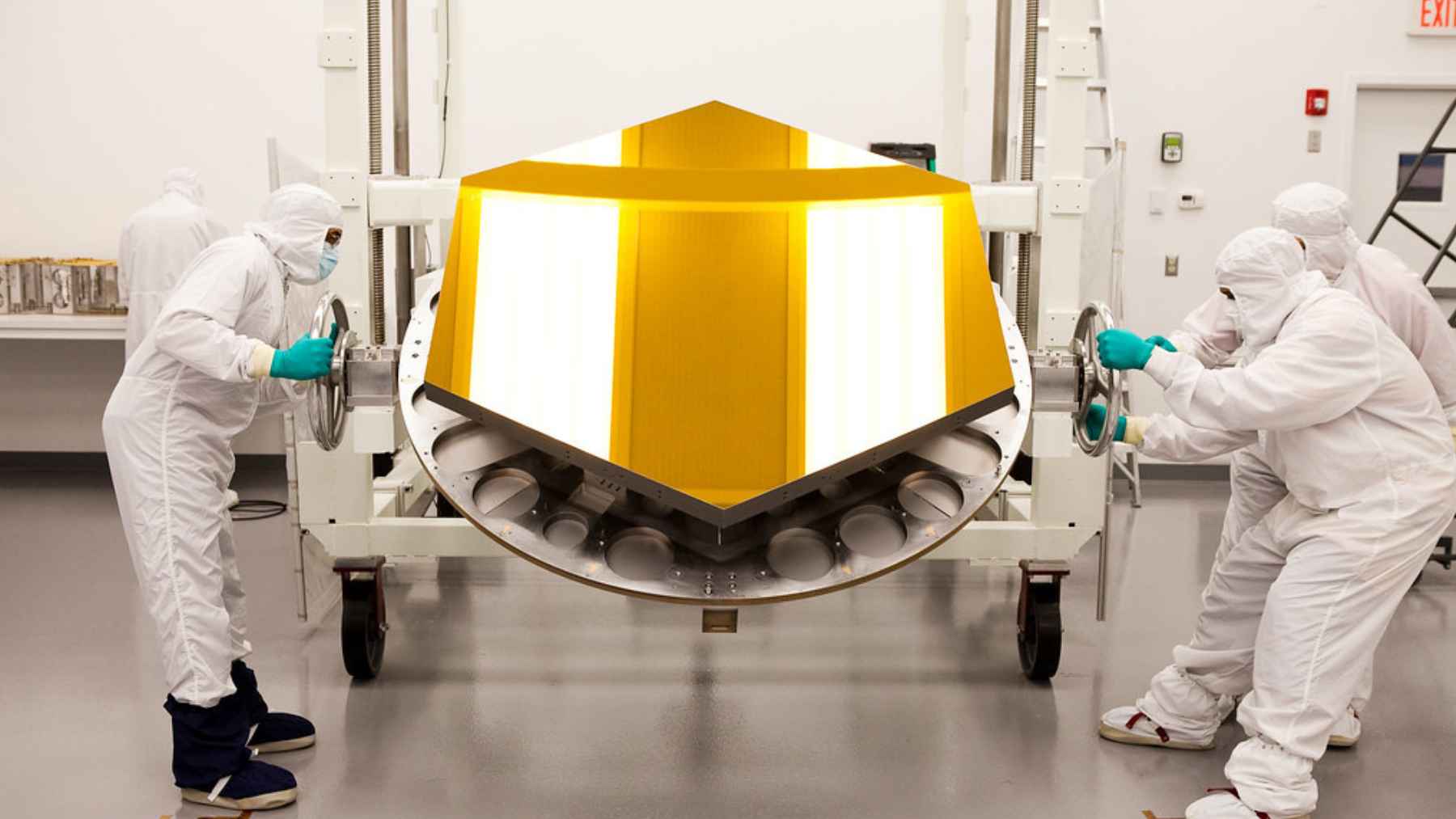This Chinese automobile company is releasing electric engines like we have never seen before, and it’s not BYD. Today, the electric vehicle has taken over the passenger vehicle world by a storm. With automobile companies facing pressure to reach sustainability targets amidst the current climate and energy crisis, as well as to catch up to the ‘Tesla effect’ from the past two decades, the electric vehicle continues to be advanced and perfected, becoming a representation of the future of the passenger vehicle world.
The passenger vehicle world continues to advance with electric
Today, the most popular alternative engine solution seen on the road is the electric engine, specifically the hybrid electric engine. With the transportation industry needing to reach pivotal carbon-neutrality targets in order to play its part in reducing our carbon footprint and making sure that the world has a sustainable future, the electric engine has emerged as the defining hope for these objectives to happen.
In the passenger vehicle world in particular, electric engines have been favoured by both consumers and developers. Part of this favoritism is thanks to the effect electric vehicle developer Tesla has had on the automobile world with the release of its luxury electric models in the early 2010s. Tesla was able to successfully sway consumer perception of these vehicles from being purely environmental alternatives to being a representation of futuristic and advanced engineering technology.
While Tesla has maintained dominance over the electric vehicle market for nearly two decades, they are now competing with the likes of Chinese automobile developer BYD. Not only does BYD offer advanced electric engine models that rival Tesla’s, but its models are offered at a significantly more affordable entry price. Today, BYD is the top-selling electric vehicle brand globally, with last year seeing the company contribute just over 22% of all global electric vehicle sales.
This new Chinese brand is to compete with BYD
While BYD is asserting dominance over the electric vehicle world, a new Chinese competitor has recently entered the scene with an advanced electric engine solution in their lineup. Chinese company Xiaomi recently unveiled its next-generation electric vehicle models, with a new drive system boasting an output of 1,511 kW, the equivalent of over 2,000 hp.
Powered by two V8 motors, each delivering 425kW, the vehicles offer the following features:
- Intelligent chassis system with seven suspension struts and active actuators.
- Three-motor system of the SU7 Ultra.
- Quad-motor drive system.
- Built with Bosch components, generating a lifting force of over 44,000 newtons.
- The introduction of Xiaomi’s 48-volt system replaces the traditional 12-volt standard.
These new features and technologies are expected to feature in Xiaomi’s upcoming vehicles, setting up an increasingly competitive electric vehicle market.
Are electric vehicles the future?
With new advanced electrical engine solutions and models continuing to hit the road each year, it is clear that the passenger vehicle world has all but set its sights on an electric future. However, that has not stopped automobile developers from exploring other alternative engine solutions in order to retain dominance in other alternative engine markets as well as to ensure that the transportation industry has a variety of engine solutions to draw upon to reach carbon neutrality goals.
The hydrogen fuel-cell engine, in particular, has emerged as the number one complement to electric engine technology. Strongly championed by Japanese automobile developers like Toyota, this technology is increasingly being seen on the road and has been identified to hold significant potential for the aviation and long-haul trucking industry. Additionally, automobile companies are increasingly collaborating with each other to put this technology on the road by sharing resources and expertise in order to diversify their model lineups.
